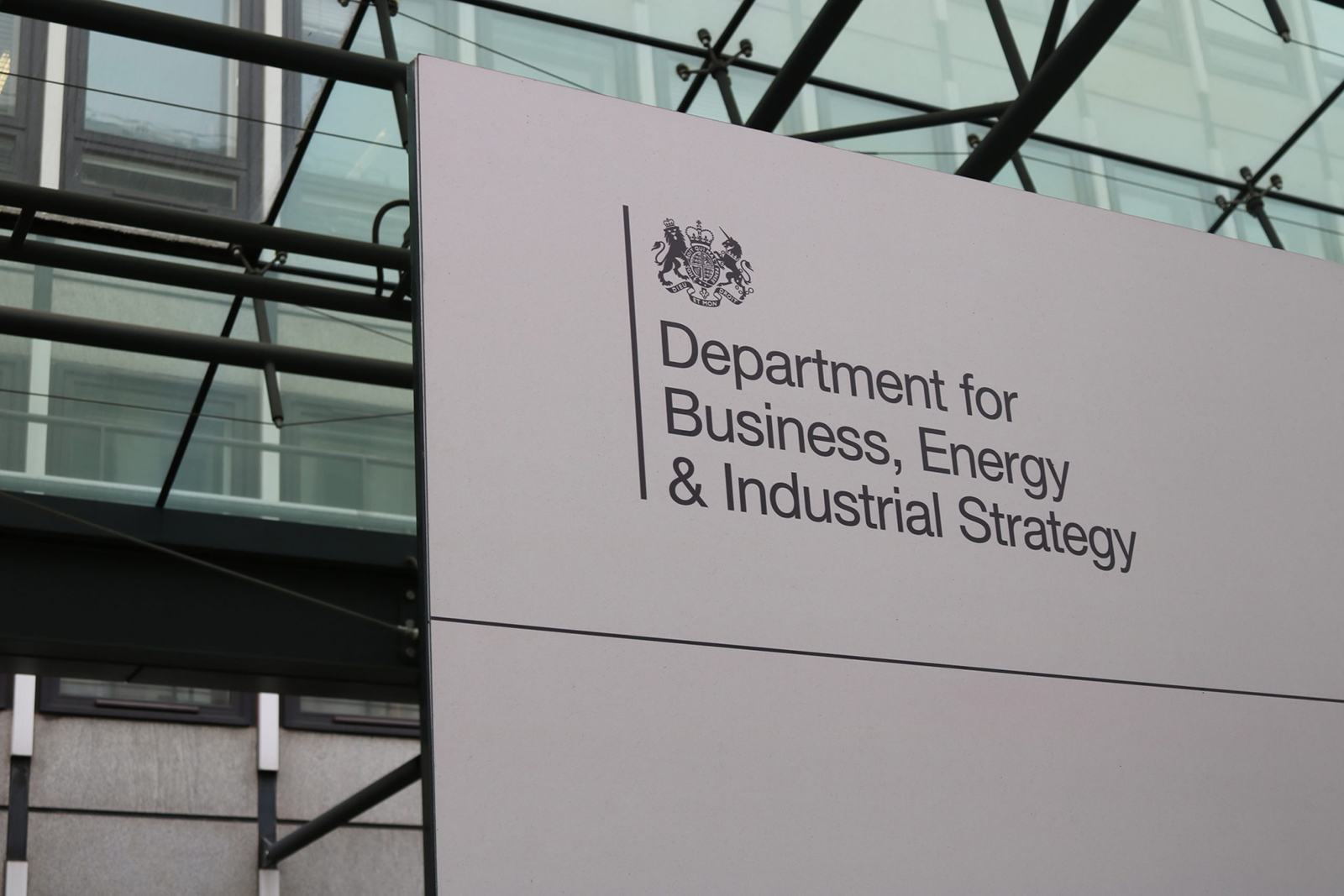
The industry is responding to the government’s Energy Strategy announcement. Below is a selection of the reactions.
We’ll be updating this post as more responses come in…
Carl Arntzen, Worcester Bosch
“The heating industry has been waiting with bated breath for the release of the Energy Strategy review and in particular what emphasis there would be on hydrogen.
“So it is great to see that upon its release today the Government have doubled on their target for hydrogen production by 2030 from 5GW to 10GW. This is something that we at Worcester Bosch have been pushing for some time, given hydrogen’s viable position as an alternative fuel for domestic heating. This increased production could result in thousands of homes being heated by either 100% hydrogen gas or within a blend with natural gas.
“We see hydrogen playing an essential role on the road to net zero, working alongside other low carbon technologies such as heat pumps. The Energy Strategy release today highlights that policy makers may also agree.”
Mike Foster, EUA
“The energy crisis has forced the government to announce this new strategy and we welcome it. The PM has made his move towards hydrogen, doubling his ambition and we say ‘well done’. He has recognised the need for a flexible, low carbon and affordable gas to heat homes and power industry. Hydrogen is that gas. And across the globe, in response to Putin’s savagery, nations are turning to hydrogen.
“Hydrogen heating will mean people can keep their gas boilers, cookers and fires; it is just the gas that is being changed. We did the same thing in the 1960s, moving from Town Gas to natural gas, now we will move from natural gas to hydrogen. The UK will lead the way, as it did before, and that is what this government wants to see.
“Consumers will avoid major disruption to their lives, minimise the costs associated with achieving net zero, at the same time help save the planet from climate change, and keep Putin’s gas in the ground. That’s what I call a win.”
Oliver Lancaster, IGEM
“With the gas system currently underpinning energy demand and delivering a significant flexibility service today, I’m really pleased that the Government is doubling the ambition for low carbon hydrogen and making clear its intention for hydrogen’s use in homes, industry and transport.
“IGEM supports the adoption of a secure and diverse multi-vector system for net zero, with major roles for hydrogen, wind, nuclear, energy efficiency and demand response that are optimised for lowest total system cost and balanced across local, regional and national levels.
“Like natural gas today, hydrogen offers a multi-sector role, reaching customers everywhere through our climate-resilient gas grid. Our thousands of individual members, and hundreds of supply chain company members, stand ready to engineer this sustainable gas future to keep cumulative emissions as low as possible.”
James Standley, Kensa Group
“Kensa welcomes the announcement… and the move to greater energy independence and a lower carbon, more sustainable future. The Government’s Energy Strategy contains some sensible and bold decisions on energy production, although it’s a shame that these steps are only being taken now rather than a decade or two ago.
“There was a disappointing absence of any demand reduction ambition, such as energy efficiency measures, that would help consumers who are struggling with the current energy and cost-of-living crisis, faster – it is very much a long-term strategy.
“That said, the announcement of a £30million Heat Pump Investment Accelerator Competition to fund the manufacture of more heat pumps here in the UK should be celebrated – we look forward to more details on this being announced. Heat pumps will transform the way we heat our homes but do need significant investment now in order to realise their full potential.”
OFTEC and UKIFDA
“The government must urgently revisit the Energy Strategy, focusing more attention on measures to help households reduce their energy usage now, and on supporting cost-effective and practical low carbon energy solutions. For the 1.7 million UK households that currently use oil, renewable liquid fuels such as HVO should be prioritised as HVO immediately reduces carbon emissions by 88%. It can also be used in an existing oil boiler following a simple, low cost conversion that takes one hour and costs around £500.
“With the increasing cost and uncertainty over energy, the publication of a robust and practical plan is an important step as we look to transition away from fossil fuels to low carbon alternatives.
“But while the focus of the document looks to the infrastructure needed to meet Britain’s future energy generation and consumption, there is very little on how the government intends to help households and businesses to reduce their energy requirements NOW. Given the current situation, we think this is a very serious omission. The best energy is the energy you don’t use, so this is where the new strategy should have started.
“We are particularly concerned about off-gas grid households that use oil heating. The government has stated that 65% of these homes are in EPC Bands E to G (a much higher proportion than homes that use mains gas heating), making them some of the least energy efficient in Britain.
“The government has proposed that, from 2026, these households will be expected to install a heat pump should they need to replace their existing boiler. It makes no sense to install a heat pump in an energy inefficient building, yet that is exactly what these households will, in most cases, be forced to do. We estimate that the average cost of a heat pump, and the necessary energy efficient improvements, will be around £20,000 – which for most is completely unaffordable. Yet there is nothing in the new strategy to help these households.
“This is completely at odds with the statements in this new Energy Strategy and recent Heat and Buildings Strategy that the government is committed to choice, and to a fair transition. Where off-gas grid homes are concerned, they are doing the opposite – offering no choice and treating them extremely unfairly.
“The industry has already demonstrated the viability of an HVO solution after sponsoring the conversion and running cost of nearly 150 oil homes to the fossil-free fuel. We urge the government so support a wider rollout.”
Brian Berry, FMB
“The Energy Security Strategy completely misses the mark in tackling energy consumption in our homes. After the disappointment of the Heat and Buildings Strategy this was an opportunity for Government to implement a National Retrofit Strategy, focussing on improving the energy efficiency of the UK’s draughty and leaky homes. While the strategy does deliver 0% VAT on energy efficiency improvements to properties, a welcome move that the FMB has long been campaigning for, this only helps those with the money to pay in the first place. A broader, insulation led, retrofit strategy would have been an immediate solution to reduce energy consumption, boost the economy and importantly, help save homeowners money on their bills during a cost-of-living crises.”













